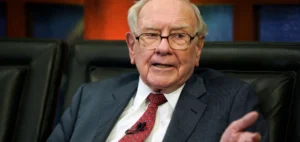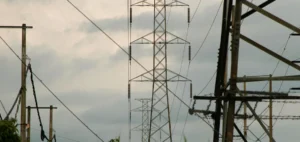Ovo Energy is planning to buy its British gas and electricity subsidiary from Shell, which would allow the British energy supplier to regain the second largest market share in energy supply, according to a report by Sky News on Wednesday. Sources said Ovo would make an indicative offer for the UK operation of Shell Energy Retail Ltd (SERL).
An acquisition of the Shell subsidiary would strengthen Ovo’s position
According to information available on the Ovo and Shell websites, a successful purchase would allow Ovo to expand from 4 million to 5.4 million UK households. That figure would surpass Octopus Energy, currently the UK’s second largest energy provider, with nearly 5 million customers after it acquired energy provider Bulb. It was unclear whether Ovo would fund the buyout with its existing financial resources or whether it would have to raise new equity or debt, according to the Sky News report. The report also said British Gas owner Centrica (CNA.L), the UK’s largest retail supplier, had also considered a bid for the SERL business, citing industry executives. Centrica declined to comment. Shell shares were up 1.5% at 10:50 GMT.
An attractive buyback offer for Ovo Energy
The acquisition of Shell Energy Retail Ltd’s UK operation would be a major boost to Ovo Energy’s position as the second largest energy supplier in the UK. With an estimated 1.4 million customers, the acquisition would increase Ovo’s customer base by 1.4 million UK households, for a total of 5.4 million customers. If the offer is accepted, this would represent a significant increase over the 4 million UK households currently served by Ovo.
An industry in difficulty
Retail energy suppliers in Europe have struggled over the past year with rising wholesale prices, forcing governments to protect consumers from higher bills.
In conclusion, Ovo Energy’s proposed takeover bid for Shell Plc’s UK gas and electricity subsidiary (SHEL.L) could see Ovo regain its position as the second largest energy supplier in the UK. However, the retail energy industry in Europe has struggled with rising wholesale prices, forcing governments to intervene to protect consumers from rising bills, which has put pressure on companies to protect consumers from these increases.






















